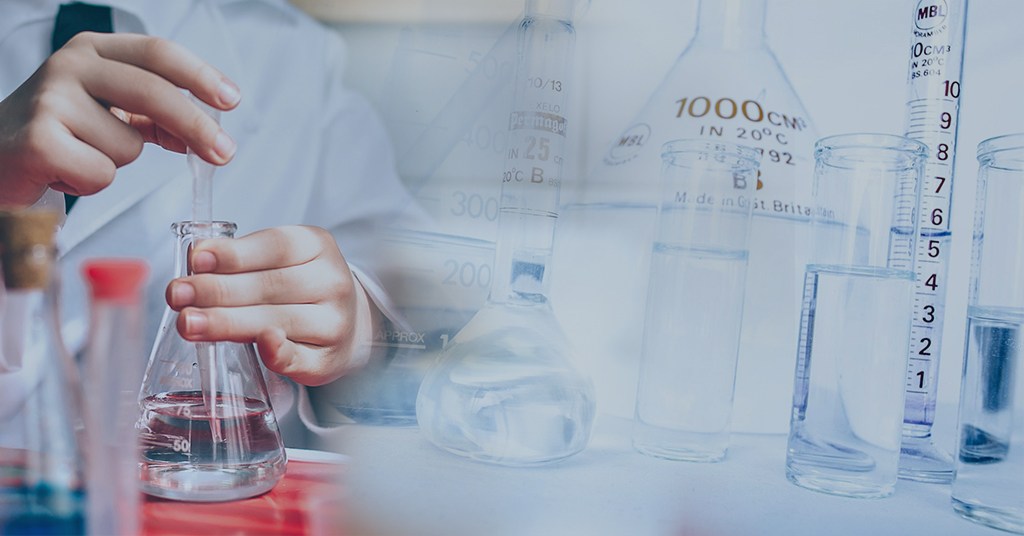Welcome To ChemAnalyst

Bolivia's state-owned lithium company, YLB, has recently entered into a new agreement with a Chinese consortium to establish a pilot plant at the expansive Uyuni salt flat, focusing on employing Direct Lithium Extraction (DLE) technology.
The collaborative effort involves the construction of a lithium carbonate facility with an annual production capacity of 2,500 tonnes. This plant will be operated by the CBC consortium, comprised of prominent entities such as CATL, BRUNP, and CMOC. CATL, recognized as the world's largest battery manufacturer for electric vehicles (EV), is joined by BRUNP, CATL's subsidiary dedicated to recycling technologies, and CMOC, formerly known as China Molybdenum Company Limited, the primary molybdenum producer in Mainland China.
The primary objective of this venture is to showcase the feasibility and profitability of employing DLE technology for extracting lithium directly from the brine beneath the salt crust of the Uyuni salt flat. The partners are optimistic about obtaining lithium from the pilot plant within the next 18 months, aiming to lay the foundation for larger-scale operations in the future.
This recent collaboration follows a similar agreement signed in January of the previous year, where a substantial investment of $1.4 billion was committed to constructing two DLE industrial plants with a combined annual capacity of 25,000 tonnes. The conventional method of lithium extraction involves pumping brine into ponds and processing the crystallized lithium salts after water evaporation.
Bolivia has invested over $800 million in this traditional approach over the past two years. However, the country has acknowledged less-than-ideal outcomes, particularly due to the challenging conditions of its salt flats, characterized by high levels of impurities in the brine and a lengthy rainy season. The DLE technology, by contrast, allows for the direct extraction of lithium from brine, potentially eliminating the need for solar evaporation. This method also reduces water consumption and minimizes dependence on weather conditions.
Bolivia has faced challenges in realizing its lithium ambitions over the years, with unsuccessful attempts to develop the industry since the 1990s, resulting in a modest cumulative production of 1,400 tonnes since 2018. In 2022, the global output of lithium carbonate equivalent (LCE), a semi-processed form of the metal, reached 737,000 tonnes, with preliminary data suggesting an increase to 985,000 tonnes in the following year, according to the latest report from the Australian Department of Industry, Science, and Resources.
In addition to the collaboration with the CBC consortium, Bolivia has entered into agreements with two other Chinese companies, CBC and Citic Guoan, as well as Russia's Uranium One Group, to establish lithium carbonate production facilities. Furthermore, the government has partnered with Altmin, an Indian firm, to advance the technology related to cathode materials for lithium batteries. These initiatives reflect Bolivia's commitment to diversifying its partnerships and leveraging international expertise to propel its lithium industry forward.
We use cookies to deliver the best possible experience on our website. To learn more, visit our Privacy Policy. By continuing to use this site or by closing this box, you consent to our use of cookies. More info.
